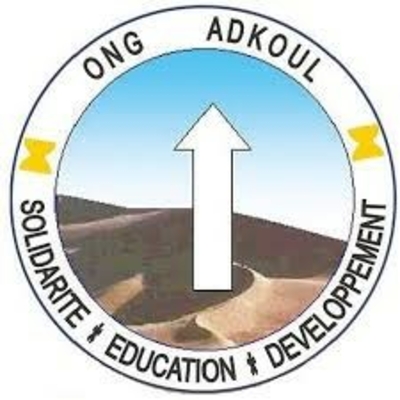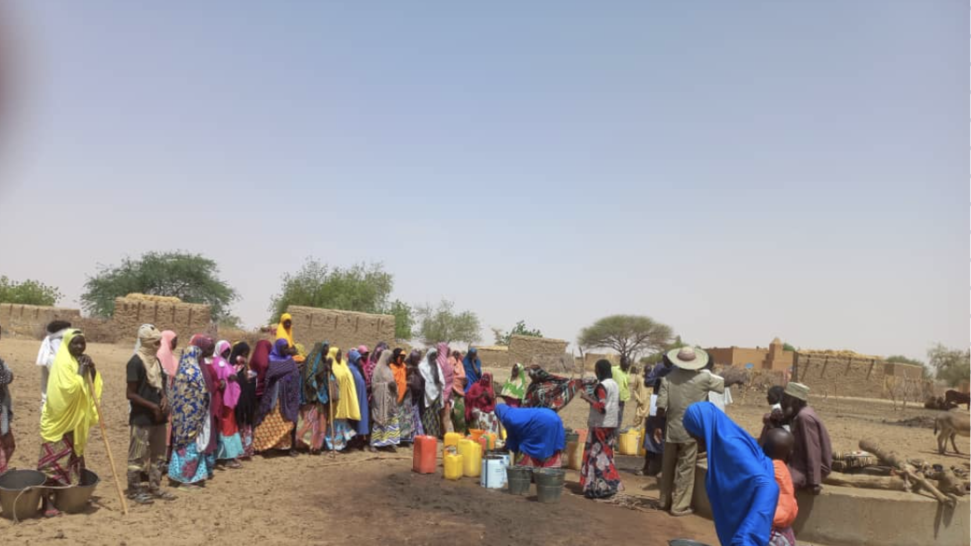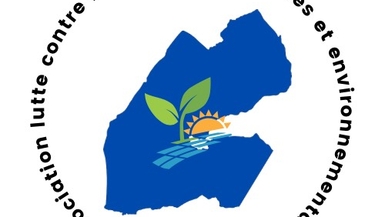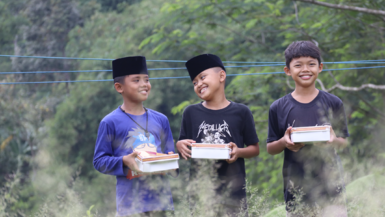Campaign Status
Ongoing Offline: The campaign is currently ongoing offline and, thus still in the process of collecting funds.
Summary
The campaign aims to provide access to essential social services (health, water, hygiene, sanitation, nutrition, and food security) for 31,000 IDPs.
Challenge
In the cross-border regions of Mali, Niger, and Burkina Faso, complex security issues and severe economic and social vulnerabilities prevail. Rural areas rely on various production systems, including rain-dependent cereal cultivation (sorghum, millet, corn, rice), small and transhumant livestock farming. These systems face climate change-induced challenges, such as irregular rainfall patterns leading to droughts and floods, and resource pressures, impacting land, water, and forests.
Border insecurity and the extension of conflicts from northern Mali into western Niger and northern and eastern Burkina Faso have exacerbated pre-existing conflicts. Ongoing military operations have strained community relationships, already weakened by years of crisis, leading to the emergence of militias and community self-defense groups like the Koglweogo in Burkina Faso and Dan Nan Ambassagou in Mali. These groups form alliances with communities and may leverage international armed forces' support to assert dominance over regional resources.
In Niger, community conflicts affect 21 localities in Tillabéri, resulting in population displacement and exacerbating local inter-community issues and service access.
The dominant conflict dynamics are land disputes and farmer-herder conflicts, with seasonal peaks. The cross-border nature of the target areas intensifies these conflicts, as the region witnesses significant migratory movements, shared grazing reserves, and common transhumance zones. Local livestock faces food scarcity due to reduced rangelands from expanded agriculture, and competition over pastures, salt lands, and water points causes tension.
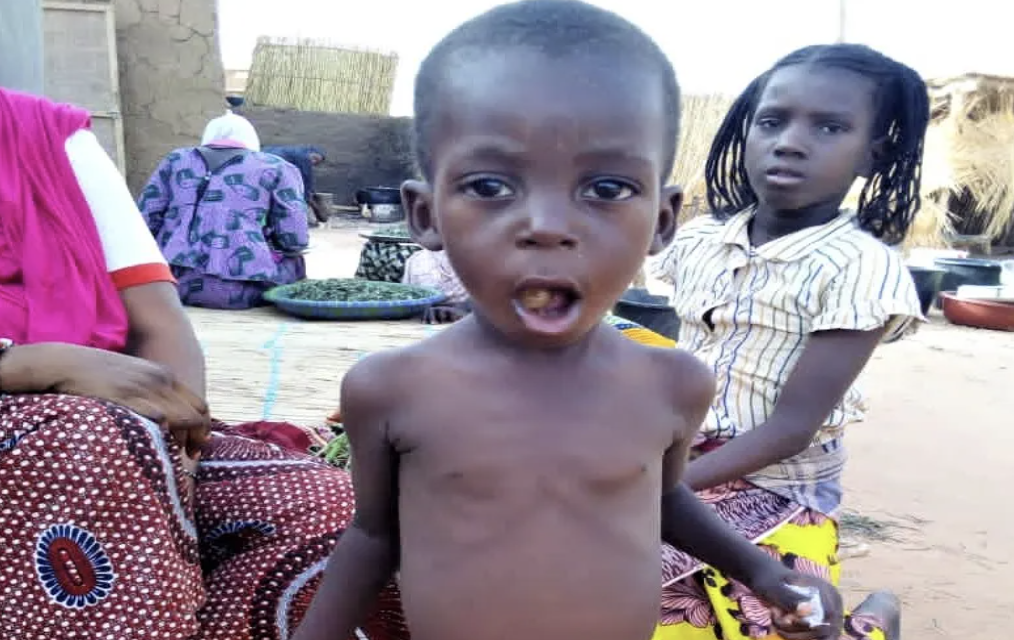
In recent years, discourse on land ownership and dispossession has grown, further straining intercommunity relations and reinforcing feelings of injustice, social marginalization, and extremist group narratives.
The targeted municipalities currently deal with structural food and nutritional insecurity, coupled with substantial humanitarian needs in Water, Hygiene, and Sanitation (WASH).
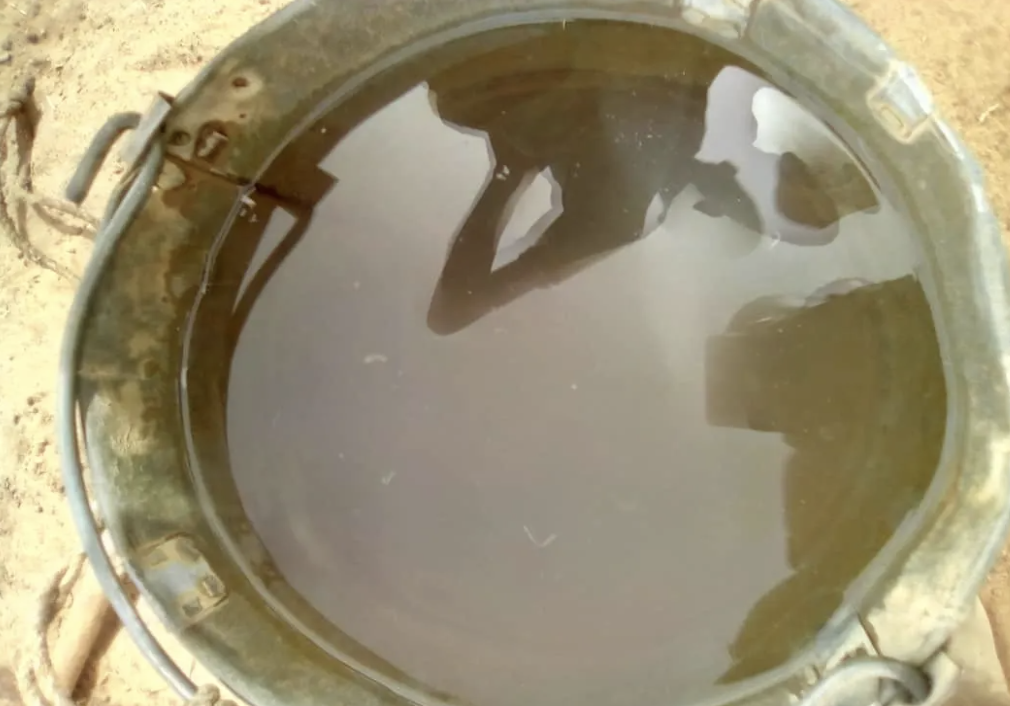
These challenges contribute to high rates of chronic malnutrition, all within a context of weakened governance and conflict management systems, particularly concerning resource access and inter- and intra-community relations.
Solution
A consortium named PROGRESS, comprising ACF, SFCG, ACTED, and ADKOUL in Niger, emerged to deliver urgent aid. Their multisectoral approach has substantially mitigated the impact of malnutrition.
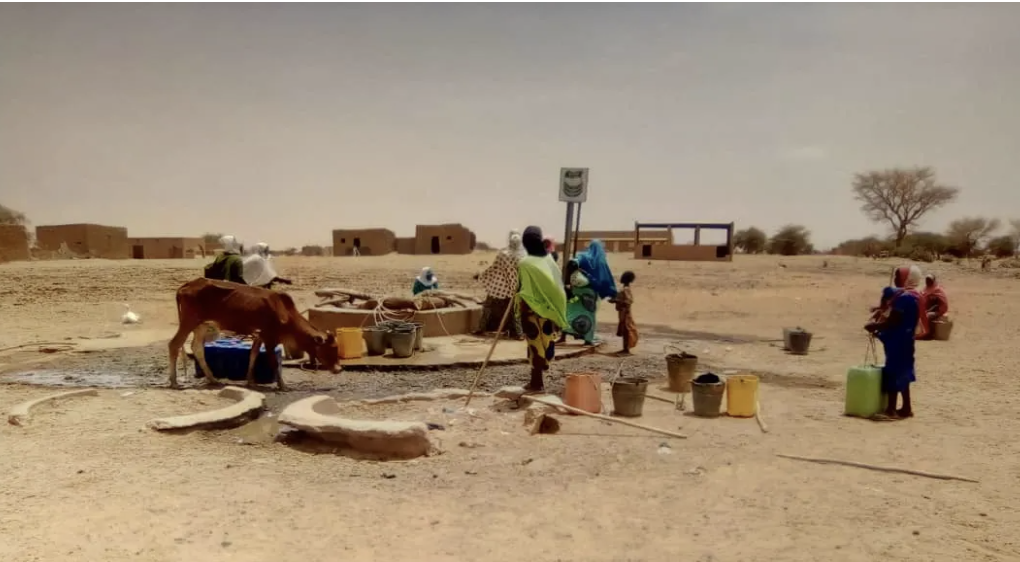
Nevertheless, the deteriorating context presents a challenge. ADKOUL, a local NGO deeply embedded within the community, plans to concentrate on three villages, offering a comprehensive set of activities encompassing Nutrition, WASH, and Food Security to facilitate community recovery and resilience. This will leverage local resources, involve capacity building, and establish local committees dedicated to these sectors, thus enhancing services. Providing access to essential social services (health, water, hygiene, sanitation, nutrition, and food security) for 31,000 IDPs.
